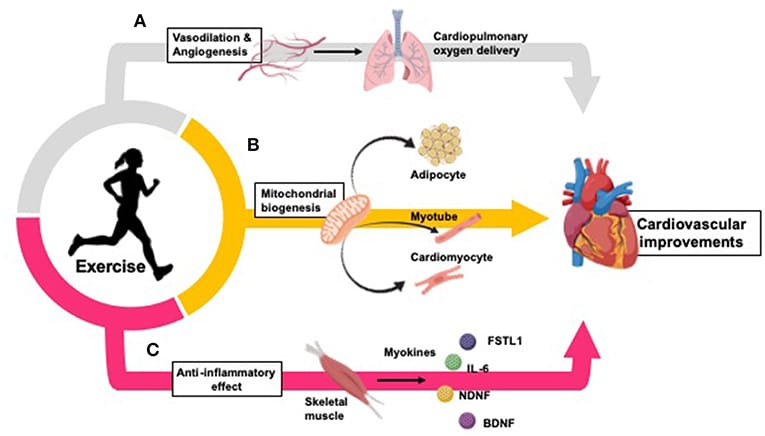Welcome to our comprehensive guide on cardiovascular implications, shedding light on crucial aspects that affect the health and well-being of your heart. The cardiovascular system is the lifeline of our bodies, responsible for pumping blood and delivering vital nutrients and oxygen to every cell. However, various factors can impact its efficiency, leading to potential complications. In this post, we delve deep into the intricacies of cardiovascular health, exploring implications, risk factors, prevention strategies, and the latest advancements in cardiac care.
Body:
Exploring Cardiovascular Implications: The term “cardiovascular implications” encompasses a wide range of conditions and factors that affect the heart and blood vessels. From common issues like hypertension (high blood pressure) and atherosclerosis (hardening of the arteries) to more complex diseases such as coronary artery disease, heart failure, and arrhythmias, understanding these implications is paramount for maintaining optimal heart health. We’ll discuss each of these conditions in detail, highlighting their causes, symptoms, diagnostic procedures, and potential treatment options.
Unraveling Risk Factors: Several risk factors significantly contribute to the development of cardiovascular diseases. These include modifiable factors like unhealthy diet, physical inactivity, smoking, excessive alcohol consumption, and stress, as well as non-modifiable factors such as age, genetics, and family history. By identifying and mitigating these risk factors, individuals can significantly reduce their chances of developing heart-related complications and enhance their overall cardiovascular health.
Prevention Strategies: Prevention is key when it comes to cardiovascular health. Adopting a heart-healthy lifestyle, which includes regular exercise, a balanced diet rich in fruits, vegetables, and whole grains, maintaining a healthy weight, managing stress effectively, and avoiding tobacco and excessive alcohol consumption, can significantly lower the risk of cardiovascular diseases. Additionally, regular screenings, such as blood pressure checks and cholesterol tests, enable early detection of potential issues, allowing for timely intervention and management.
Advancements in Cardiac Care: The field of cardiac care has witnessed remarkable advancements in recent years, ranging from innovative diagnostic techniques and minimally invasive procedures to groundbreaking treatments and rehabilitation programs. From cutting-edge imaging technologies like cardiac MRI and CT angiography to novel therapies such as transcatheter aortic valve replacement (TAVR) and cardiac rehabilitation programs tailored to individual needs, these advancements offer new hope and improved outcomes for patients with cardiovascular conditions.
Conclusion: As we conclude our exploration of cardiovascular implications, it’s evident that prioritizing heart health is essential for a fulfilling and vibrant life. By gaining insights into the intricacies of cardiovascular health, identifying risk factors, adopting preventive measures, and leveraging advancements in cardiac care, individuals can take proactive steps towards nurturing a healthier heart and enhancing their overall well-being. Let’s embark on this journey together, empowering ourselves and our communities to embrace heart-healthy habits and thrive.









